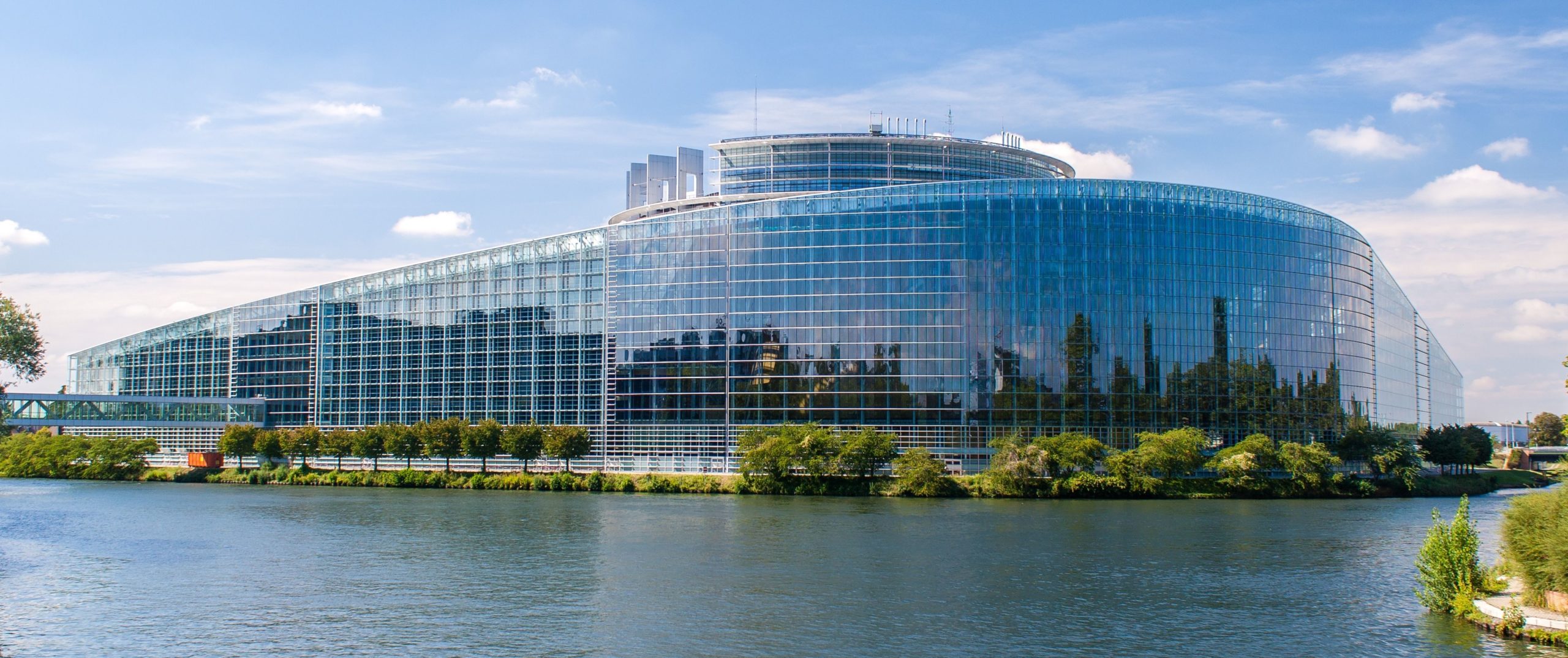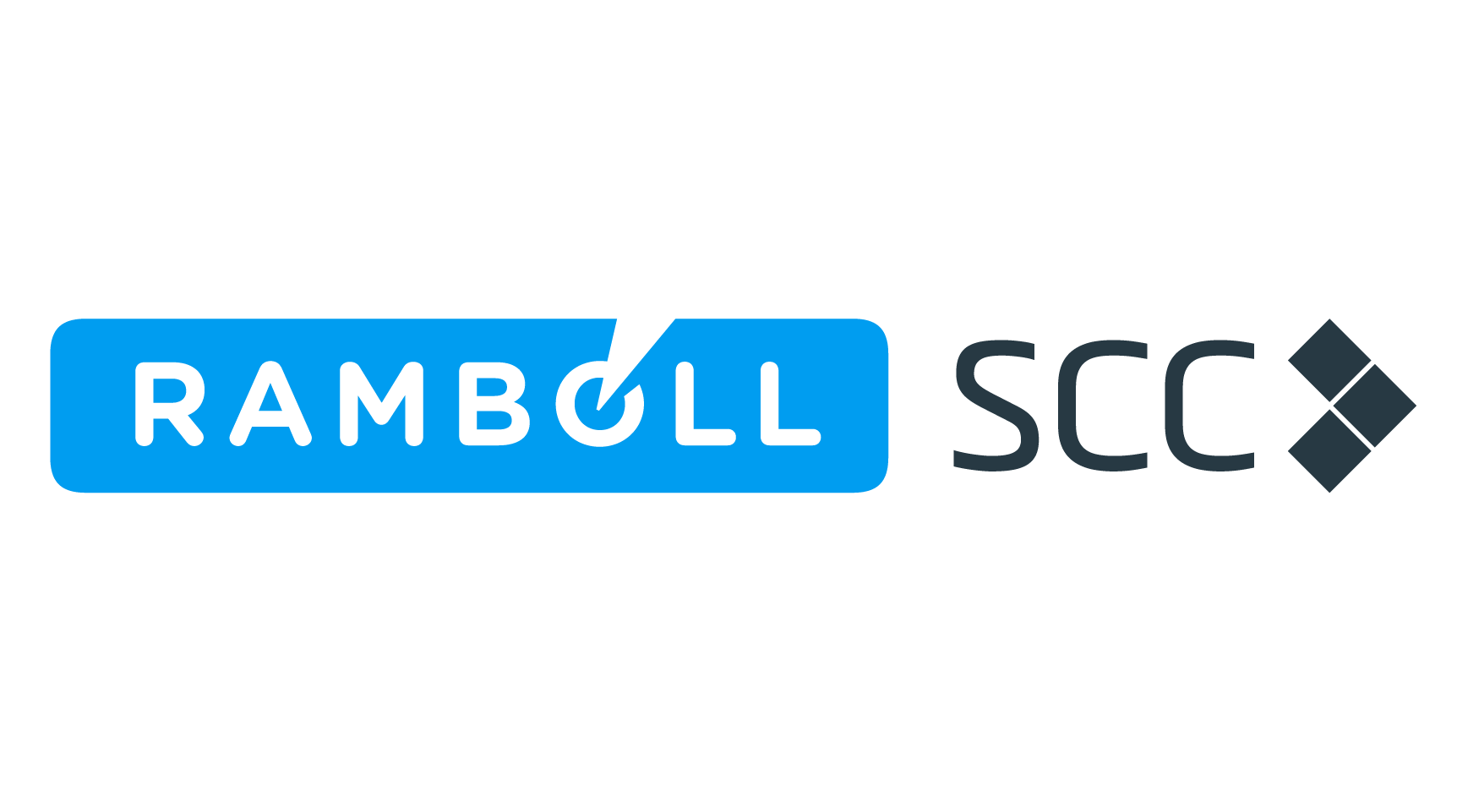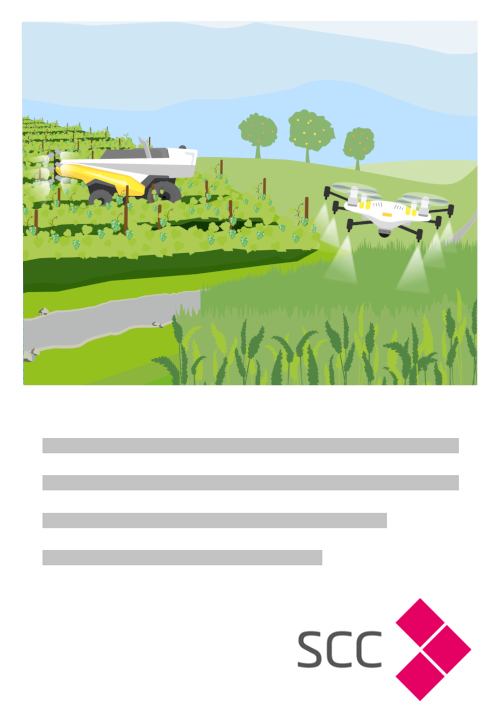Regulation of Plant Protection Products in the EU

Agrochemicals Regulation
Over decades, the EU has been introducing a number of considerable changes to the approval and authorisation procedures of active substances and plant protection products placed on the EU market, such as the Annex I inclusion, renewal processes, zonal evaluations of products, new data requirements laid down in Regulations 283/2013 and 284/2013 and issues related to endocrine disrupting properties. Creating a complex mixture of legislation and guidance under the framework Regulation (EC) No 1107/2009.
Regulation of Biorationals
Biorationals, characterised by their low environmental impact, are a huge and very diverse group of substances or products such as biopesticides, biostimulants or plant aids. Typically they are of biological origin or, if synthetic, structurally and functionally similar to their natural occurring analogue.
Recent significant developments related to the Integrated Pest Management (IPM), the Farm to Fork and Biodiversity strategies, and finally the EU Green Deal concept reveal how crucial it is for the industry to have the detailed knowledge of agricultural, regulatory, technical and scientific requirements.
Biostimulants and Fertilisers
The European Fertiliser Regulation 2019/1009 for CE-marked products, applicable from 16 July 2022, regulates all products of the so-called Product Function Categories (PFCs) of organic, organo-mineral and inorganic fertilisers, liming materials, soil improvers, growing media, nitrification, denitrification and urease inhibitors, plant biostimulants, and fertilising blends. EU fertilising products can only be placed on the market if they are sufficiently effective, by, for example, providing scientific evidence ensuring their agronomic efficiency.
Simultaneously to EU harmonised products, national registrations and sales of products being not conform to EU criteria remain possible.
Our Regulatory Services
Since more than three decades, we have been providing our clients with regulatory advice on:
- Developing efficient registration and compliance strategies tailored to our customers’ needs
- Data gap analysis, including the examination of the possibilities for read-across of available registration data authorised in other regions
- Designing, contracting and monitoring all necessary studies
- Environmental fate and modelling, human and ecotoxicological risk assessments
- Preparing and submitting registration dossiers to the competent authorities
- Handling all kinds of import tolerance applications and MRL setting.
To get more insights into the regulatory development on the European crop protection market, please visit our SCC headquarters website or contact us directly.

